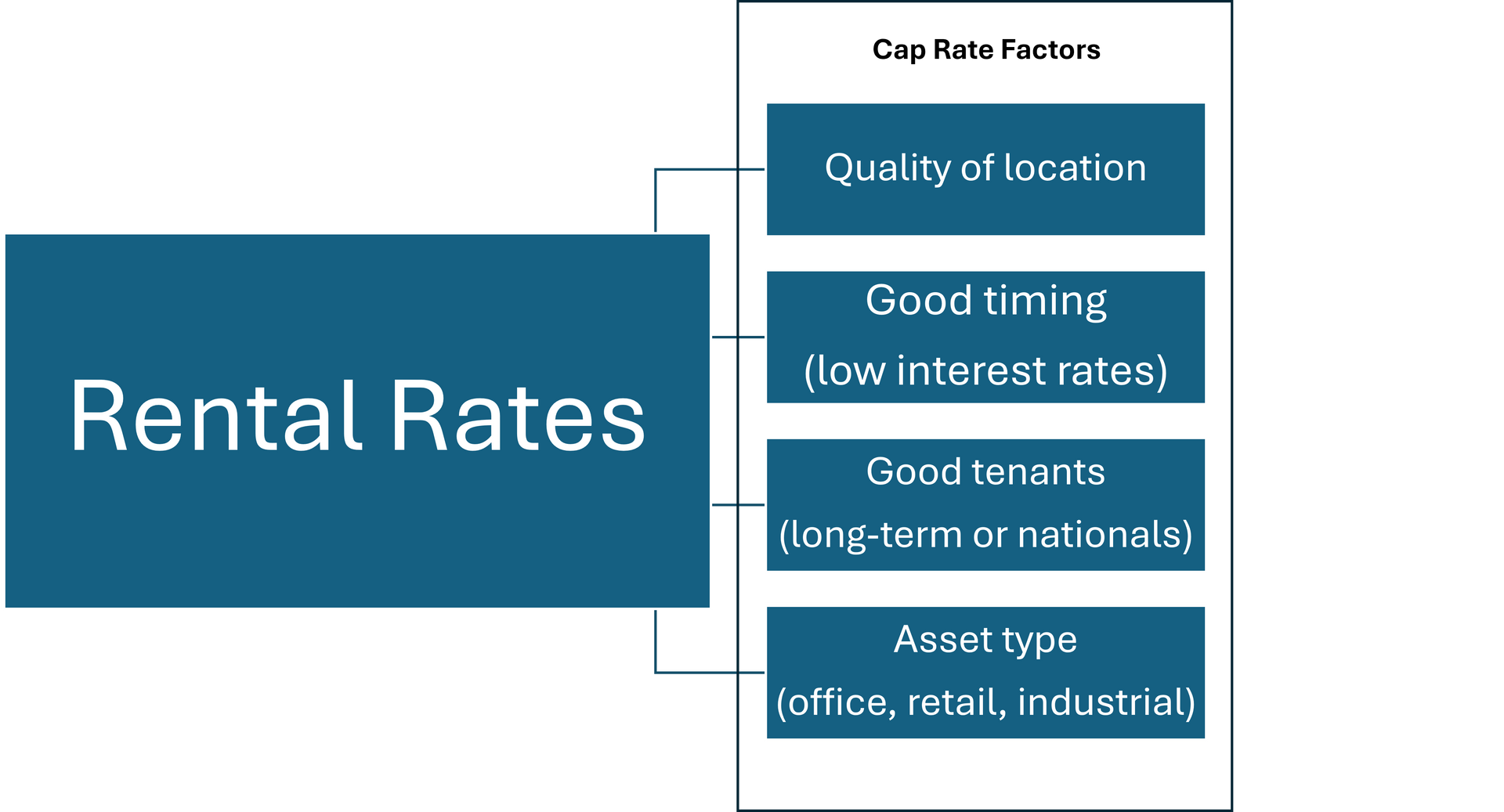How to Optimize your commercial property
How to maximize commercial real estate value

How to Optimize Your Commercial Property
Whether you are a new owner looking to improve your property, an experienced owner aiming to optimize cash flow, or a seasoned investor trying to maximize your value before selling, there are a few key strategies to consider to enhance the value of your property.
Here are three key factors that will help keep your property's value high and ensure steady cash flow:
1. Keep Your Building Occupied
This can mean either attracting new tenants for vacant space or renewing existing tenants on new leases with updated terms. Tenant attrition is one of the quickest ways to decrease the value of a building. Here are a few strategies to prevent attrition:
- Talk to your tenants. While this may seem obvious to some, for others, it represents a revolutionary shift in how they manage their properties. Regular communication with your tenants will help you understand their concerns about the space, their business struggles, and what’s going well. This allows you to stay informed and address issues before they escalate and begin to cause issues.
- Empower your property manager. If you keep your tenants at arm's length, ensure you have a competent property manager and give them the autonomy to handle tenant concerns. This approach becomes especially crucial as your portfolio grows, making hands-on management increasingly impractical.
The key takeaway is that vacancies reduce property value faster than almost anything else. Retaining tenants long-term maximizes cash flow and makes it easier to sell the property. Happy tenants will also positively influence new tenant prospects, as potential occupants often seek feedback from current or former tenants about property management. Negative responses can kill deals, even if the space and location are ideal.
When filling a vacancy, make the leasing process smooth for the tenant. While a good agent can handle much of this, landlords must remain cooperative and try to make the deal work. If the tenant's covenant is strong, be willing to give concessions to secure the lease. Uncooperative landlords—or their lawyers—can sometimes inadvertently prolong the deal process, leading to lost transactions.
2. Increase Rents
Everyone knows increasing rents boosts revenue—but how do you achieve this?
The key is to understand how your building fits into the market. Michael Porter, the renowned business strategist, identified three generic strategies in business: cost leadership, focus strategy, and differentiation.
- Cost Leadership:
This strategy applies to lower-cost assets like Class B or C properties, where tenants prioritize price. Increasing rents here can be challenging and may require transitioning to a different strategy. - Focus Strategy:
Focused strategies target niche markets. For instance, you could offer small office rentals on license agreements, shared office space, or specialized options like lab, medical, or dental spaces. By catering to a specific market, you can reduce your costs and increase value for tenants. - Differentiation:
Differentiated products tend to command higher prices and are usually seen in premium or luxury assets (Class A or AA). These properties feature amenities like architectural features, green certifications (such as WELL or LEED), or other high-end initiatives. Differentiated properties typically experience lower vacancy rates because tenants value the premium features and the prestige associated with the site.
3. Maintain Your Building
When it’s time to sell, a well-maintained building will sell faster and at a better price compared to poorly maintained properties. But the benefits of regular maintenance go beyond the sale.
Proactively maintaining building systems like boilers, HVAC, or roofs extends their lifecycle and reduces the risk of unexpected breakdowns. For example, regular inspections and upkeep prevent costly emergencies, save money, and help ensure tenants remain happy. Annual inspections for most building systems are usually sufficient.
Deferred maintenance is a common mistake among cash flow-focused investors as it can lead to tenant attrition and large capital expenditures. These issues can be particularly challenging if the building has insufficient income to cover repairs. Regular inspection and maintenance help you stay ahead of problems and plan for potential issues, ensuring smoother operations in the long run.
In Conclusion
These are not the only factors to consider when optimizing your property, but focusing on these three will have a significant impact on your daily operations and your ability to sell the property when the time comes.
If you’d like specific recommendations for your building or portfolio—whether for selling or as a long-term hold—don’t hesitate to reach out to our team.











